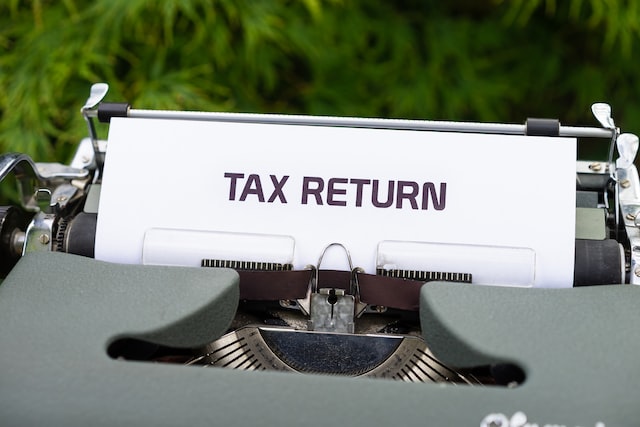Welfare advocates are putting a spotlight on the federal government’s planned tax cuts for the wealthy, urging them to be scrapped in favour of lifting the rate of JobSeeker and other support payments.
Anglicare Australia has released its submission to the government ahead of the May budget, renewing its call to lift the rate of JobSeeker and other key payments.
The submission said a plan to pull millions of Australians out of poverty would cost less than the contentious stage three tax cuts which the Albanese government has faced pressure to scrap.
Anglicare found JobSeeker, along with parenting and carer payments, could all be raised to $88 per day at a cost of $198 billion over the next 10 years.
That’s less than the $254 billion the planned stage three tax cuts are expected to cost.
The tax changes were legislated under the former coalition government and are due to take effect in 2024.
Despite warnings from economists and tax experts that the cuts would fuel inflation and the cost-of-living crisis, the government intends to go ahead with them.
Anglicare Australia executive director Kasy Chambers said the May budget was an opportunity for the government to lift people out of poverty and compared the costs of increasing welfare to tax cuts for the wealthy.
“Keeping people in poverty is not saving money. It is simply shifting costs onto families, communities, and services like (Anglicare),” she said.
“Raising the rate of these payments would ease that struggle and lift millions of people out of poverty, including hundreds of thousands of children.”
The Business Council of Australia wants the government to keep the stage three tax cuts and resist calls to modify or scrap the income tax changes.
In a separate pre-budget submission, the business group said the legislated changes would simplify the tax system and erase disincentives that discourage people from entering the workforce, working extra hours or changing jobs.
While the tax cuts have been criticised as unaffordable at a time of budgetary pressure, the BCA said abandoning the cuts would not help the government’s finances.
“With an ageing population reducing labour force participation, it will be imperative that the personal tax system does not discourage people from entering the workforce or from working more hours,” the submission said.
The BCA also said relying on bracket creep to solve the budget crisis was “unrealistic”.
The group called for new fiscal rules, including a two per cent cap on spending growth and a tax-to-GDP cap, and an investment allowance to reduce the after-tax cost of capital.
Maeve Bannister and Poppy Johnston
(Australian Associated Press)





